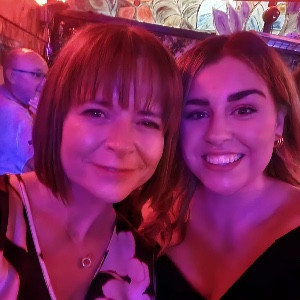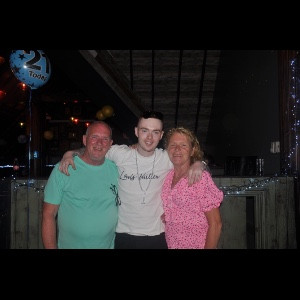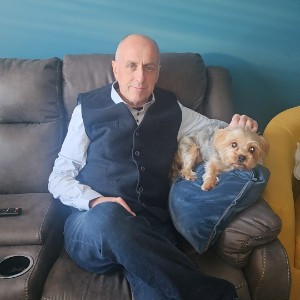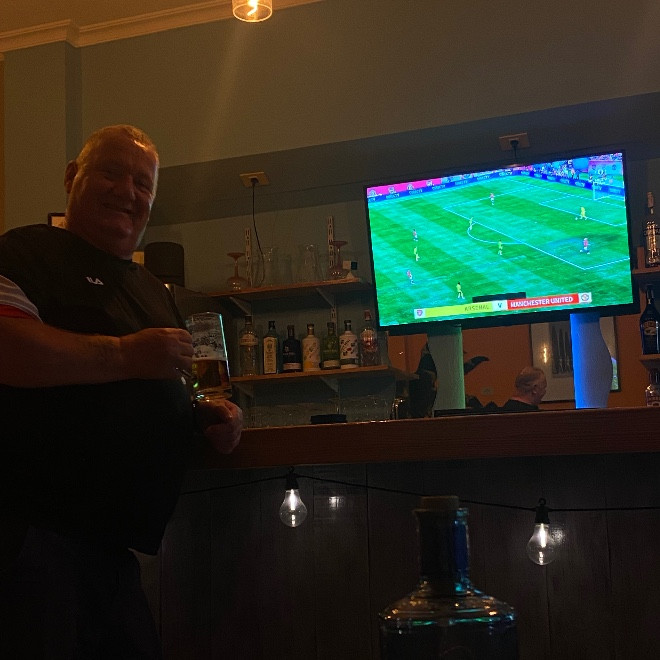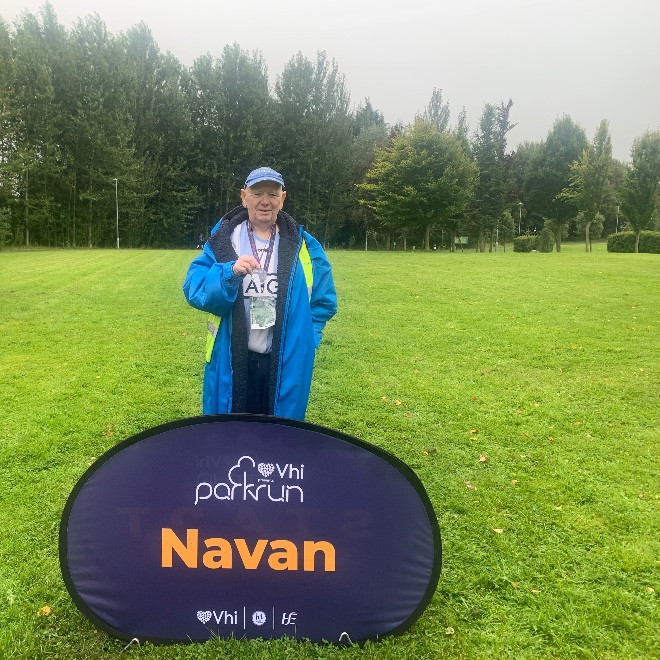 Emma just donated €22
Emma just donated €22 Orla Corr just donated €20
Orla Corr just donated €20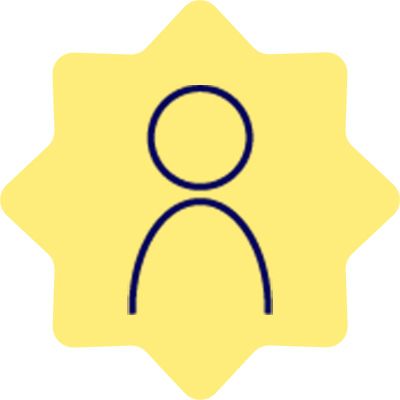 Anonymous just donated €53
Anonymous just donated €53 Ann marie Drislane just donated €22
Ann marie Drislane just donated €22 Dan just donated €22
Dan just donated €22 Geraldine Smith just donated €53
Geraldine Smith just donated €53 Julie Glendon just donated €30
Julie Glendon just donated €30 Amy Keohane just donated €22
Amy Keohane just donated €22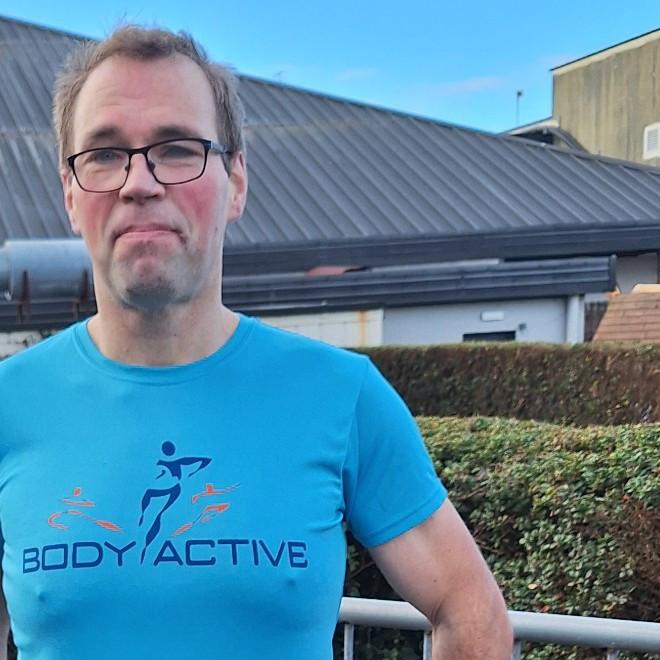 John O’Driscoll Motor Factors just donated €209
John O’Driscoll Motor Factors just donated €209 Carmel Byrne just donated €53
Carmel Byrne just donated €53 Lena McCarthy just donated €53
Lena McCarthy just donated €53 Stephen Tonge just donated €95
Stephen Tonge just donated €95 Helena Canning just donated €20
Helena Canning just donated €20 Yvonne McGroarty just donated €53
Yvonne McGroarty just donated €53 Yi just donated €32
Yi just donated €32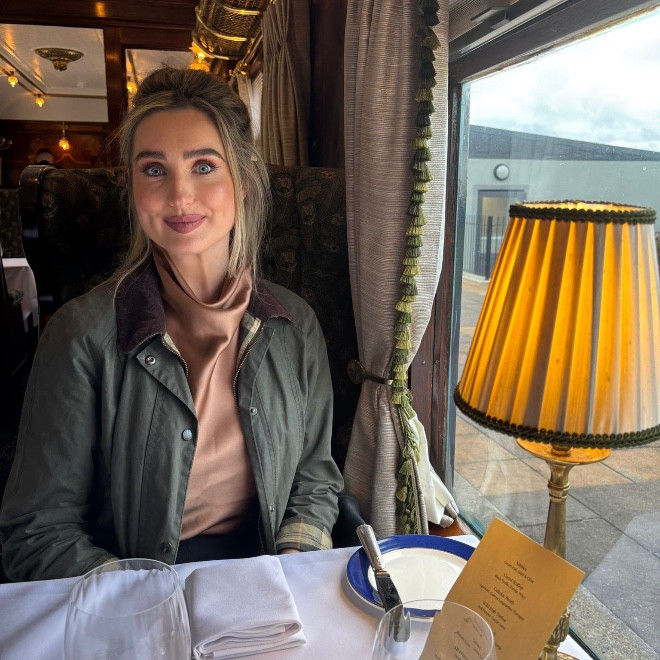 Henry Shefflin just donated €116
Henry Shefflin just donated €116 Cormac M just donated €5
Cormac M just donated €5 Anonymous just donated €32
Anonymous just donated €32 Sweet Art Cupcakes Hill just donated €53
Sweet Art Cupcakes Hill just donated €53 Shane O’Meara just donated €22
Shane O’Meara just donated €22
How can I get involved?
Host a Daffodil Day fundraiser
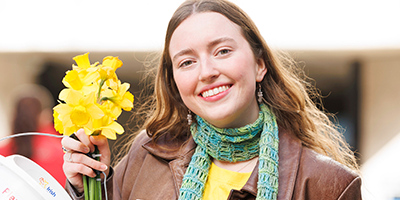
Host a fundraiser or sell a box of pins this Daffodil Day on your own or with your friends and family. Click the link below to get started.
Sign up with your school or college
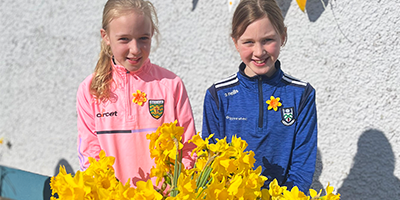
Take part in Daffodil day as a school or college – all are welcome! Click the button below to get started below.
Fundraise at your workplace
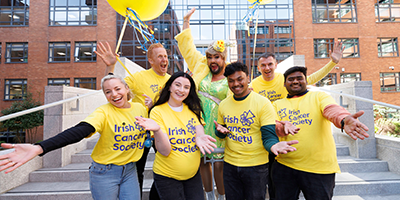
Take part in a workplace fundraiser or sell a box of pins with your colleagues at work. Learn more by clicking the link below.
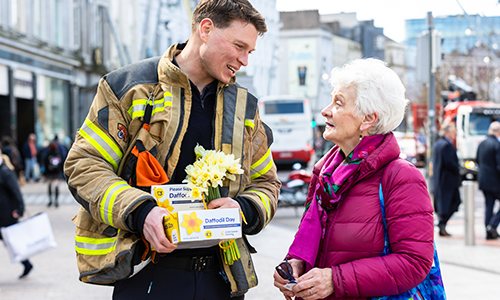
Volunteer on Daffodil Day
Would you like to take part in a special way? Join thousands across Ireland on Daffodil Day and volunteer in the city centre or in your community to sell daffodil pins. Register below to go all in against cancer on Friday, 20 March!
Make a special Daffodil Day donation
Learn about the people your donations support
Lodge your Daffodil Day Funds
Top Daffodil Day fundraisers

Individuals and Schools
Search for other fundraisers to support
Your impact on Daffodil Day

Ground breaking research
Each year, you help to fund research projects across Ireland. Your support means that Ireland’s brightest researchers are working towards a better, more hopeful future.

Vital supports
You ensure qualified cancer nurses are available online, by phone, or in person at our 13 Daffodil Centres nationwide to offer free support and information and provide access to cancer support services.

Free support services
In 2025, you helped provide around 29,800 free drives to help people get to their hospital appointments, and over 5,900 nights of care so people can spend their final days with dignity at home. Join us this Daffodil Day and help us do more.
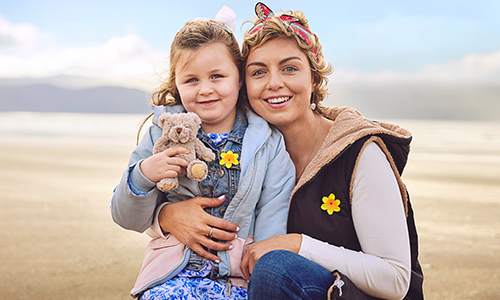
The impact of Daffodil Day
On Daffodil Day, we give it our all: to bring hope, to provide support, to drive progress and to stand together against cancer.
By going all in, you are funding expert cancer nurses, groundbreaking cancer researchers and a range of vital services to help people navigate cancer. Without your support on Daffodil Day, none of this would be possible.
Together, we won’t stop pushing for a better, more hopeful future. On Daffodil Day, you turn Ireland yellow in support of everyone affected by cancer.


